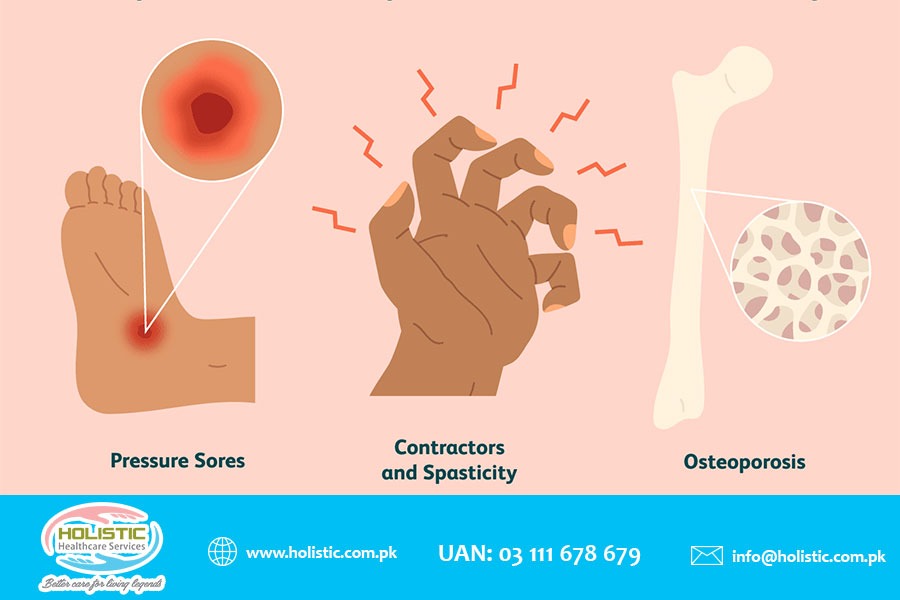Multiple Sclerosis (MS) is a serious neurological disorder and a potentially disabling disease of the central nervous system which consists of the brain and spinal cord.
In MS, the immune system attacks the protective sheath (myelin) that covers nerve fibers and causes communication problems between your brain and the rest of your body. Eventually, the disease can cause permanent damage or deterioration of the nerves.
Signs and symptoms of MS vary widely and depend on the amount of nerve damage. These signs and symptoms also vary depending on which nerves are affected. Some people with severe MS may lose the ability to walk independently or at all, while others may experience long periods of remission without any new symptoms.
There’s no cure for multiple sclerosis. However, treatments can help speed recovery from attacks, modify the course of the disease, and help manage symptoms.
Causes of Multiple Sclerosis
The cause of multiple sclerosis is unknown. It is considered an autoimmune disease in which the body’s immune system attacks its own tissues. In the case of MS, this immune system malfunction destroys the fatty substance that coats and protects nerve fibers in the brain and spinal cord (myelin).
Myelin can be compared to the insulation coating on electrical wires. When the protective myelin is damaged and nerve fiber is exposed, the messages that travel along that nerve may be slowed or blocked. The nerve may also become damaged itself.
It isn’t clear why MS develops in some people and not others. A combination of genetics and environmental factors appears to be responsible.
The following factors may increase your risk of developing multiple sclerosis:
- Age. MS can occur at any age, but usually affects people somewhere between the ages of 16 and 55.
- Sex. Women are more than two to three times as likely as men are to have relapsing-remitting MS.
- Family history. If one of your parents or siblings has had MS, you are at a higher risk of developing the disease.
- Certain infections. A variety of viruses have been linked to MS, including Epstein-Barr, the virus that causes infectious mononucleosis.
- Race. White people, particularly those of Northern European descent, are at the highest risk of developing MS. People of Asian, African or Native American descent have the lowest risk.
- Climate. MS is far more common in countries with temperate climates, including Canada, the northern United States, New Zealand, south-eastern Australia, and Europe.
- Vitamin D. Having low levels of Vitamin D and low exposure to sunlight is associated with a greater risk of MS.
- Certain autoimmune diseases. You have a slightly higher risk of developing MS if you have thyroid disease, type 1 diabetes or inflammatory bowel disease.
- Smoking. Smokers who experience an initial event of symptoms that may signal MS are more likely than non-smokers to develop a second event that confirms relapsing-remitting MS.
The average life span of 25 to 35 years after the diagnosis of MS is often stated. Some of the most common causes of death in MS patients are secondary complications resulting from immobility, chronic urinary tract infections, compromised swallowing, and breathing issues.
A diagnosis of MS is not a death sentence. Multiple Sclerosis is not fatal, except in very rare circumstances. During advanced stages of disease progression, it is possible to die from complications related to MS (such as infections or pneumonia).
MS patients may become wheelchair ridden or bed-bound with the passage of time. These patients might also need help and assistance doing their daily chores. Physiotherapy is also very beneficial for MS patients. Check our article on how you can take advantage of home care for MS patients. For guidance and assistance, call Holistic Healthcare Services on Call Us UAN: 03 111 678 679

